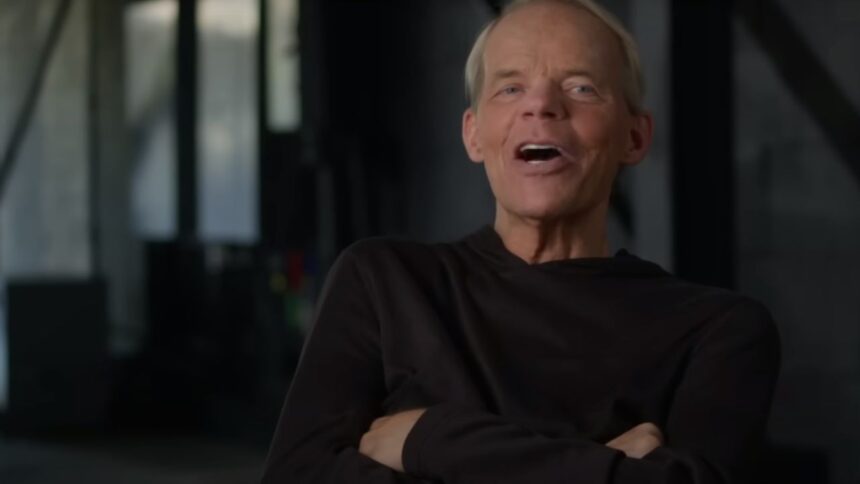In the annals of professional wrestling, few transformations have been as striking or as sudden as Lex Luger’s shift from the egotistical “Narcissist” to the all-American hero in Vince McMahon’s World Wrestling Federation (WWF). Known for his natural ability to incite boos and jeers from audiences, Luger found himself at the center of a dramatic pivot aimed at capitalizing on his star power as WWF’s biggest names, like Hulk Hogan, began to age out of their prime.
After a successful stint as “The Narcissist” in World Championship Wrestling (WCW), Luger joined the WWF with a similar persona, characterized by vanity and arrogance. The move seemed to align perfectly with Luger’s heelish nature, making him a villain fans loved to hate. However, McMahon had other plans. With the looming need for a new top babyface to replace Hogan, McMahon saw potential in Luger to fill that void.
In a candid discussion on his show “Lex Expressed,” Luger recalled the abrupt nature of his transition from “The Narcissist” to the flag-waving patriot traveling on the “Lex Express.” He detailed the surprising conversation that set this new direction in motion.
“I was blindsided by it,” Luger admitted. “Vince called me into his office and laid it out. I actually almost thought he was kidding me because I had just gotten into the Narcissist character, putting a lot of steam on me with that. I was like, ‘Are you serious? Like, go from a Narcissist in front of mirrors to red, white, and blue and all that?’ He goes, ‘Yup…'”
Luger explained that the transition was almost immediate. “I did the corporate headquarters, thinking back, and a launch, we had all the staff out in the parking garage when I drove off on the bus, my first appearance, it was a matter of days. I had to tell my family, I’m not going to be there all summer, pretty much.”
The rebranding saw Luger donning American flag gear and embarking on a cross-country journey in the “Lex Express” tour bus, designed to drum up grassroots support and endear him to the fans as a true American hero. Initially, the campaign succeeded. Luger received substantial fan support, particularly during his feud with the imposing Yokozuna. However, this patriotic push proved to be a double-edged sword.
Despite the initial surge in popularity, fan interest in Luger’s new persona began to wane. The abrupt shift from a narcissistic villain to a red, white, and blue-clad hero was jarring for many fans, and the lack of a gradual character development arc led to a disconnect. Luger’s babyface run, while memorable, did not sustain the momentum McMahon had hoped for.
Eventually, disillusioned with his position in the WWF and seeking a fresh start, Luger made a historic return to WCW. In one of the most shocking moments in wrestling history, he appeared on the debut episode of “WCW Nitro,” the very same night he was featured on a pre-taped WWF program. This bold move underscored Luger’s desire to reclaim his career on his own terms and left an indelible mark on the wrestling industry.
Luger’s story is a testament to the unpredictable nature of professional wrestling, where character shifts and dramatic transformations can happen overnight. His reflection on the sudden change and its impact provides insight into the challenges wrestlers face when adapting to new roles and the delicate balance between character continuity and reinvention.
Stephen’s Insight
Lex Luger’s transformation from “The Narcissist” to an all-American hero encapsulates the ever-evolving landscape of professional wrestling. His journey highlights the pressures and abrupt changes that wrestlers often encounter, driven by the necessity to keep the audience engaged and the product fresh. While Luger’s patriotic persona had its moments of success, it also serves as a reminder of the importance of character consistency and the organic development of storylines.
The tale of Luger’s career shift, marked by both triumphs and trials, resonates with the broader narrative of wrestling history, where adaptability and resilience are key. As Luger himself reflects on his experiences, fans gain a deeper appreciation of the behind-the-scenes decisions that shape the spectacles they see in the ring.




